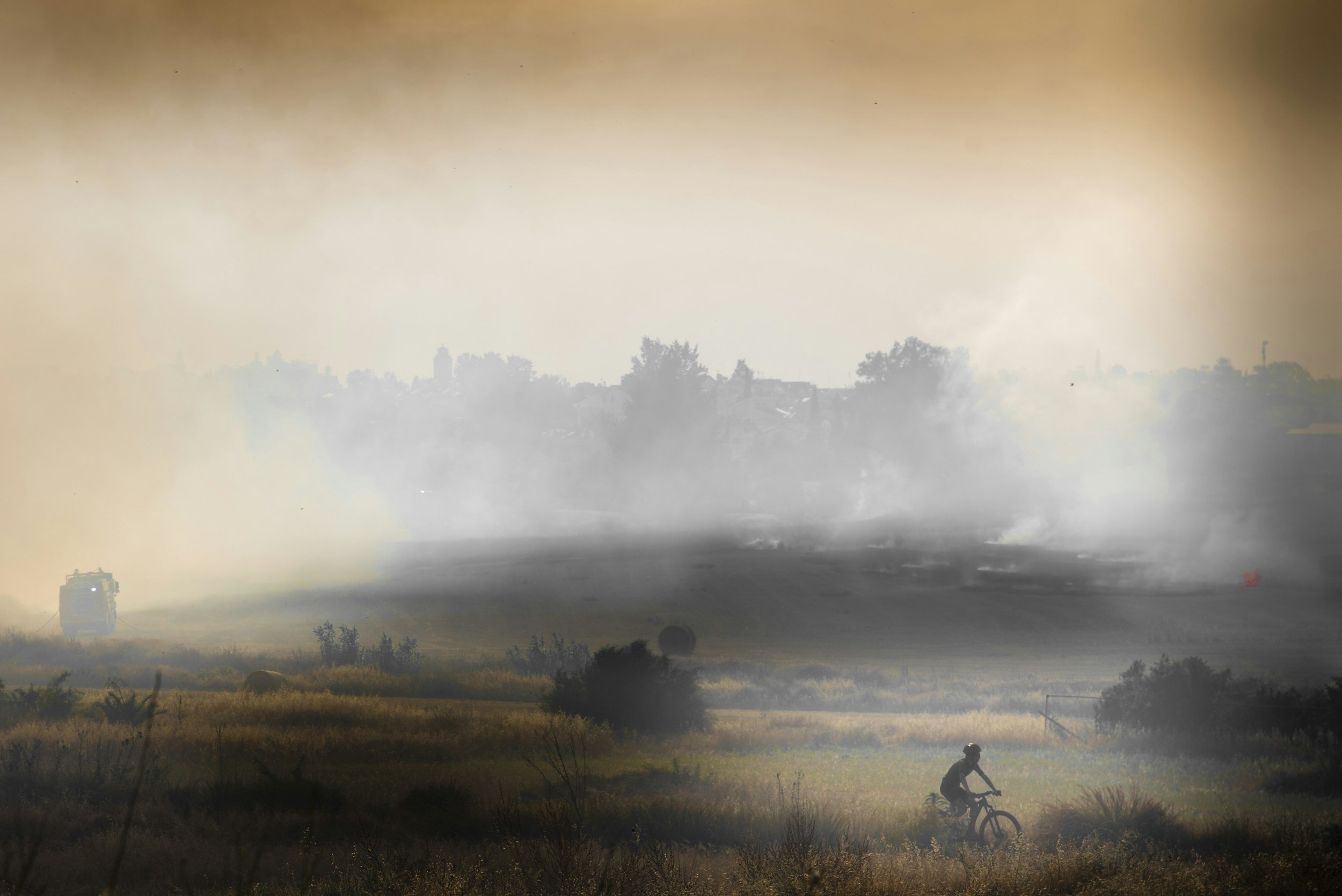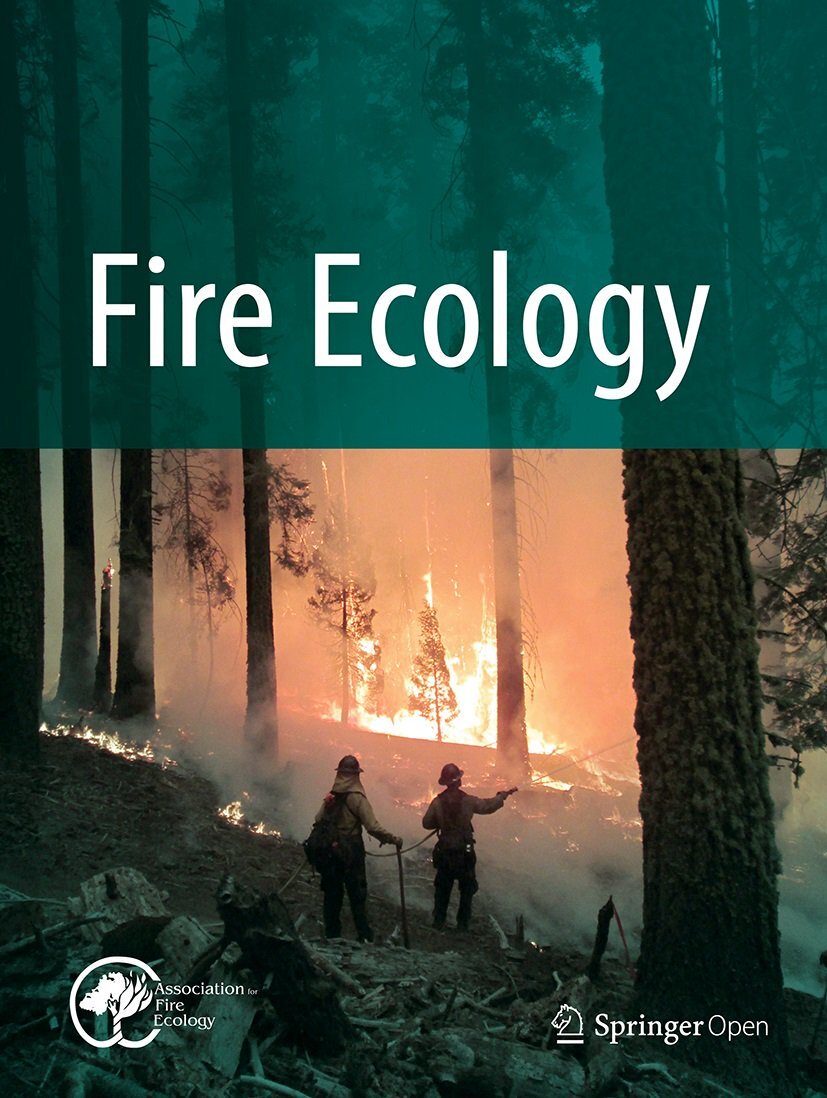March 4th, 2025 at 1pm EST
The US Forest Service began the Wildfire Crisis Strategy initiative in 2022 with the aim to accelerate forest restoration and resilience across selected Landscapes. Although this sort of focused effort on landscape-scale work has been and is being done through other initiatives, this approach is unique and broad in scope and function as it identified 21 high risk “Landscapes” to focus treatment investment. In this research we utilize social science methodologies to gain a baseline of knowledge for how those involved in managing Crisis Strategy Landscapes feel the process is unfurling. This talk will discuss the results we found through discussions with all 21 Wildfire Crisis Strategy Landscapes with an emphasis on commonalities, potential barriers to wildfire mitigation work, and where successes have been leveraged.
While the Strategy represents some new approaches to this needed work, it also falls into patterns seen in previously implemented restoration initiatives. Due to the newness of the Strategy, a great deal of uncertainty persisted alongside optimism and hope that landscape-scale restoration work may be enabled. Lessons learned from this current initiative have the ability to inform changes to improve the implementation of the current Crisis Strategy and aid in the design of future large scale restoration efforts.
Presented by: Dr. Stephen D. Fillmore & Andrew Johnson
Stephen currently works for the USDA US Forest Service, where he serves as the Region 5 Fuels Operations Specialist. His portfolio focuses on working with National Forests and their partners to increase the amount and quality of wildfire fuels mitigation work accomplished within California and the Pacific Islands. He has spent more than 20 years working for the US federal government directly in fuels management as a Regional Fuels Specialist, Forest Fuels Officer, District Fuels Officer, and Agency Fuels Officer. He actively works in wildfire management and is qualified as a Complex Incident Commander, Complex Operations Section Chief, and Type 1 Burn Boss. During the fire season he helps to lead one of California’s Incident Management Teams and during the off-season his work often focuses on prescribed fire operations, planning, and training.
He recently finished his Ph.D. (2023) from the University of Idaho where his dissertation focused on wildfire decision making within the context of wildfires managed for an objective other than full suppression. He is a social scientist whose academic work resides in the realm of thematically derived interpretations of behavior as well as risk-based structured and unstructured decision-making. Stephen also serves as the principal consultant at Wildfire Solutions International, LLC.
Andrew is a PhD Student in the Stephens Lab at UC Berkeley. His research interests include fire management social science, wildfire risk quantification and management, and fuel treatment effectiveness. He is especially interested in where the three of those interests converge. His dissertation includes projects that use surveys, interviews, and spatial analysis to investigate fuel treatment outcomes during fire operations. He is also a USDA Forest Service ORISE fellow working on the Wildfire Treatment Outcomes, where he serves in the role of facilitator. This project seeks to understand how fuel treatments influence ecological, containment, and infrastructure wildfire outcomes. Andrew also serves as the Student Association for Fire Ecology President, where he helps to coordinate events for students.




